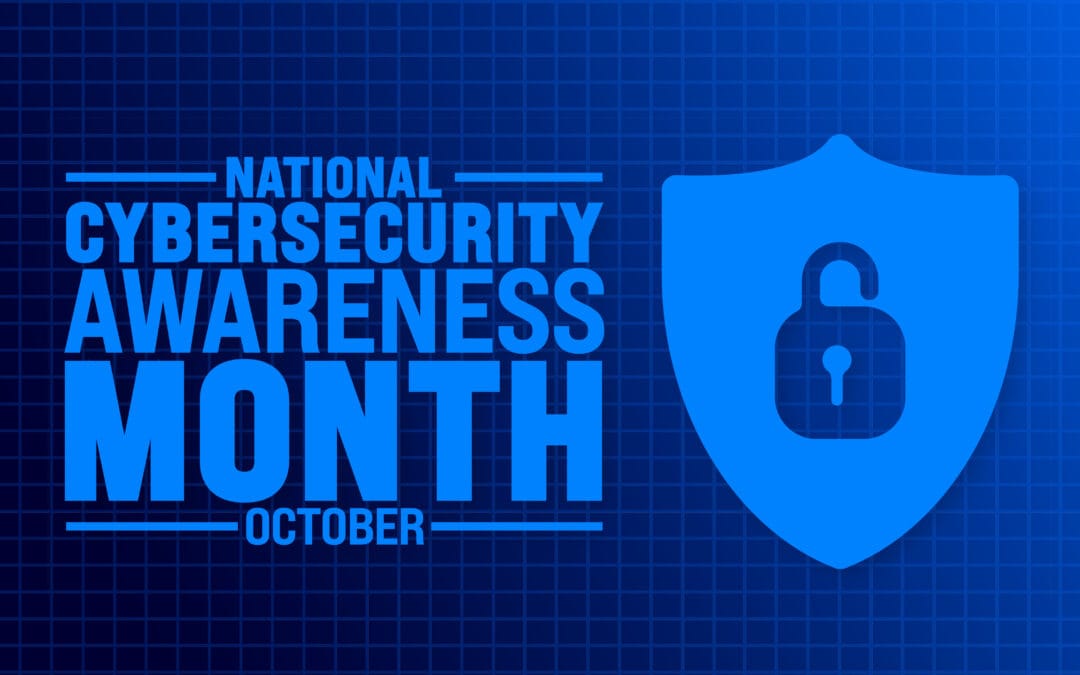Welcome to this week’s Weekly Cybersecurity Update, where we bring you the latest critical updates and emerging threats. This week, we focus on the Halliburton breach, new vulnerabilities in SolarWinds, the challenges of C-Suite involvement in cybersecurity, and the ongoing risks associated with remote work. Staying informed is essential for maintaining robust business security in today’s digital landscape.
Halliburton Cyberattack: A Major Energy Sector Player Targeted
Halliburton, a major U.S. oil and gas company, confirmed that it was the target of a cyberattack that led to a temporary shutdown of its systems. The attack highlights the ongoing threats faced by critical infrastructure sectors and the need for robust cybersecurity measures to protect these vital industries. The incident has sparked discussions about the adequacy of cybersecurity defenses in the energy sector. For more details, read the full report on BleepingComputer.
NationalPublicData.com Incident: Self-Publishing Its Own Passwords
In a bizarre turn of events, NationalPublicData.com, a site that aggregates public records, accidentally published its own passwords online. This incident serves as a stark reminder of the importance of proper data management practices and the risks associated with storing sensitive information. The breach has raised serious concerns about the site’s security practices and the potential for future exploitation. Learn more on Krebs on Security.
SolarWinds Vulnerabilities: Critical Bugs Expose Businesses to Threats
This week, SolarWinds made headlines again with the discovery of critical vulnerabilities in its Web Help Desk software. Security researchers revealed that a second critical bug in SolarWinds could allow attackers to execute arbitrary code and compromise sensitive data. These vulnerabilities highlight the ongoing risks associated with widely used IT management tools and the importance of timely patching. Read more about the issue on Dark Reading and SecurityWeek.
C-Suite Involvement in Cybersecurity: Lip Service or Real Commitment?
Despite increasing awareness of cybersecurity risks, a recent report reveals that C-Suite involvement in cybersecurity is often little more than lip service. Many executives are aware of the threats but fail to take meaningful action to address them. This lack of genuine engagement can leave businesses vulnerable to attacks, as critical decisions about cybersecurity are delayed or ignored. For an in-depth analysis, visit Dark Reading.
Remote Work: A Ticking Time Bomb Waiting to Be Exploited
As remote work becomes the norm for many organizations, the risks associated with it continue to grow. Recent reports suggest that the lack of adequate security measures for remote workers is creating significant vulnerabilities that cybercriminals are eager to exploit. Companies must take proactive steps to secure remote work environments to prevent these risks from becoming full-blown security incidents. Explore the detailed discussion on this topic at BleepingComputer.
Telegram Founder Arrested: A Blow to Encrypted Communications?
Pavel Durov, the founder of Telegram, was recently arrested, raising concerns about the future of encrypted communications. Telegram has long been a favorite platform for privacy advocates, but Durov’s arrest could have significant implications for the platform’s operations and the broader debate on encryption. This event could also signal increased scrutiny on encrypted communications by governments worldwide. Stay informed on this developing story at The Hacker News.
What This Weekly Cybersecurity Update Means for Your Business
Proactive Security Measures
These recent events underscore the importance of proactive security measures. Whether it’s patching critical vulnerabilities or securing remote work environments, businesses must stay vigilant to protect themselves from evolving threats. Regular risk assessments and continuous monitoring are essential for maintaining a strong security posture. For more on proactive measures, refer to the Cybersecurity and Infrastructure Security Agency (CISA).
Executive Engagement in Cybersecurity
The report on C-Suite involvement highlights a critical area of concern. Executives must move beyond awareness and take actionable steps to integrate cybersecurity into their overall business strategy. This includes allocating resources, empowering security teams, and fostering a culture of security throughout the organization. For guidance on executive-level cybersecurity strategies, visit the ISACA Cybersecurity Resources.
Incident Response Planning
The Halliburton cyberattack is a reminder that every organization should have a comprehensive incident response plan in place. This plan should outline the steps to take in the event of a breach, including communication strategies and cooperation with law enforcement. For guidance on developing an incident response plan, visit the NIST website.
Stay tuned for our next Weekly Cybersecurity Update, where we’ll continue to keep you informed on the latest threats and how to defend your business. For more personalized advice, contact us today to discuss your cybersecurity needs.
Disclaimer: This article is based on current cybersecurity trends and expert interpretations.





